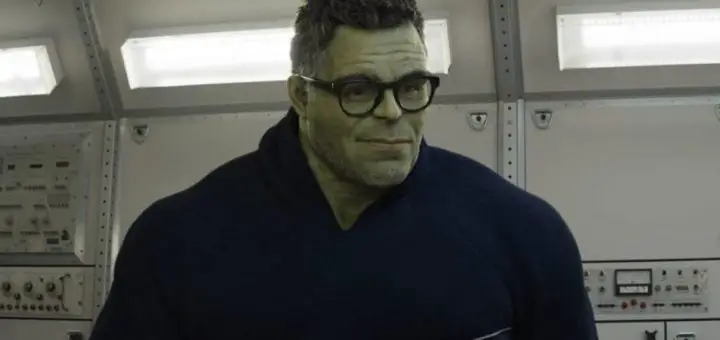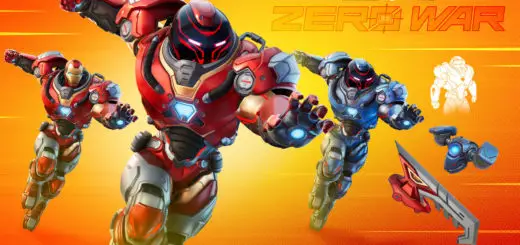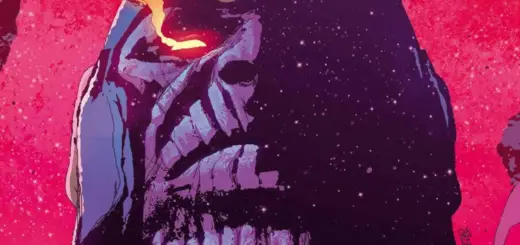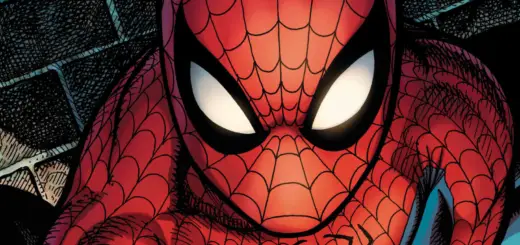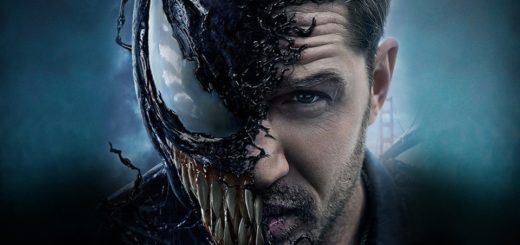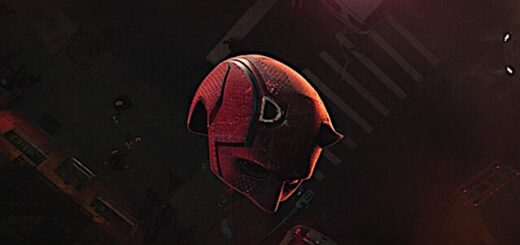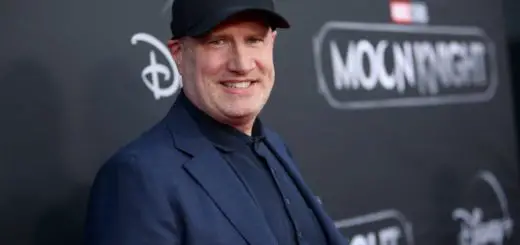Mark Ruffalo Talks Marvel’s Potential Oversaturation
For well over a decade, there is no studio that has accomplished what has been accomplished by Marvel with their massive interconnected film franchise, but with a lot of fans voicing their fatigue, Hulk himself, Mark Ruffalo, has discussed Marvel’s potential oversaturation.
Since Iron Man first arrived in 2008, there were few who could even fathom what Marvel Studios and the lauded Marvel Cinematic Universe would become almost 15 years after and even fewer who could have predicted the gap between them and some of the film’s biggest entities.
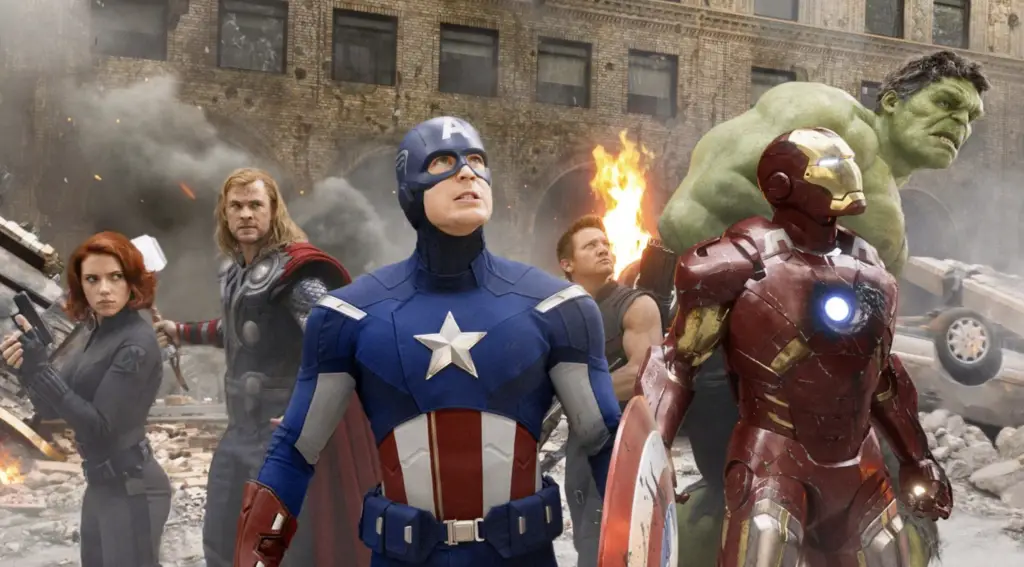
Photo: Marvel
What started as a character study of one of Marvel comics’ oldest heroes, and one of the publications founding Avengers has eventually transformed into an evergrowing, intergalactic, amalgamation of heroes and villains that spans 29 theatrical releases, and a host of series on streaming platforms.
Yet, with all of the financial success, and- to a lesser degree- critical acclaim, there are many who have started to sense that Marvel may be approaching a boiling point; with their various releases of the past two years underperforming, and leading to conversations over whether or not fatigue has become an issue.

Marvel
In a recent interview with Metro, Hulk himself, Mark Ruffalo talked about Marvel’s potential oversaturation, and whether or not there is an end of the road impending for the dominant studio.
Ruffalo stated, “It’s not something I worry about. I understand these things run their course and then something else comes along, but the thing Marvel has done well is that, inside the MCU, just as they do with comic books, they let a director or an actor sort of recreate each piece to their own style, their likeness.”
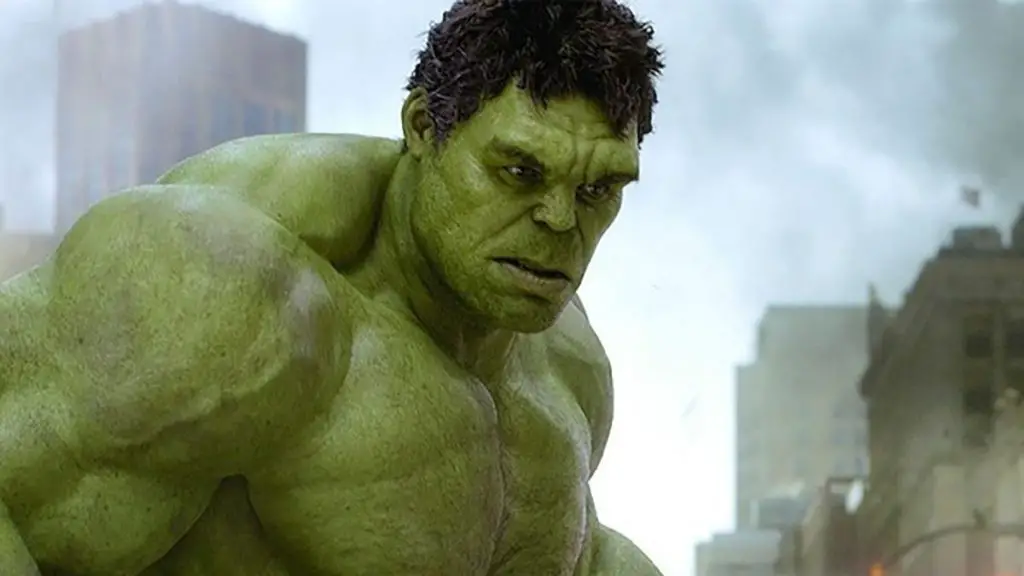
Photo: Marvel
Ruffalo added, “Marvel generally lets them bring that to the material. If you watch Star Wars, you’re pretty much going to get the same version of Star Was each time.”
It is a very interesting, and very valid, point being made by Ruffalo, that despite some of the big misses, Marvel’s continued success is more a function of their commitment to allowing artists to be artists, and giving them the canvas and the colors to tell the stories that mean the most to them.
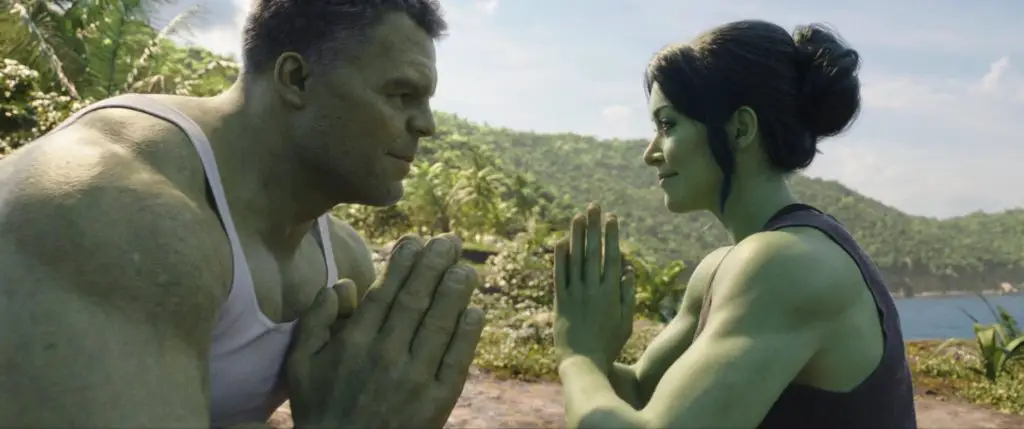
Source: Marvel Studios


